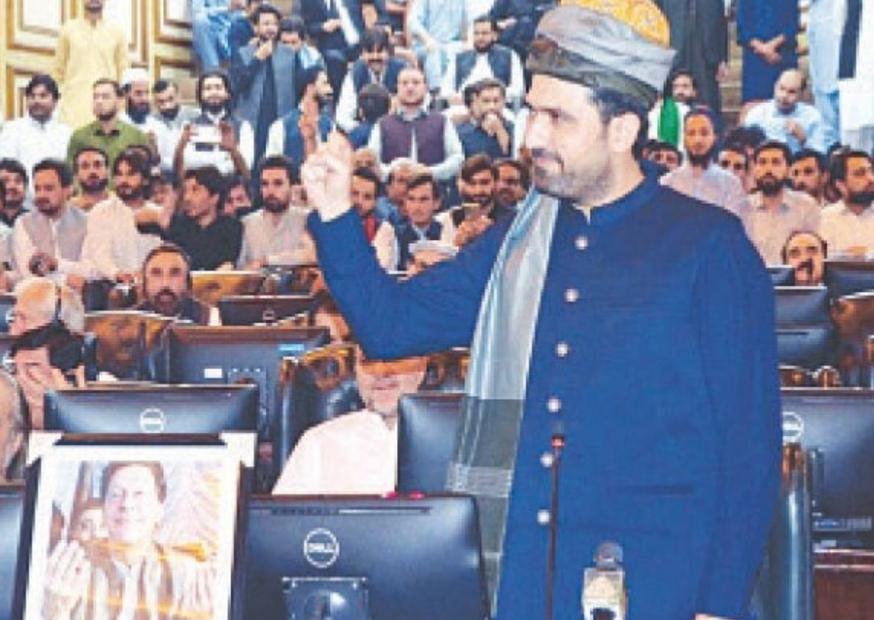PESHAWAR: A fresh constitutional storm has engulfed Khyber Pakhtunkhwa (KP), as confusion deepens over who truly holds the province’s top seat — the outgoing chief minister or the one elected to replace him.
The crisis erupted after Chief Minister Ali Amin Gandapur submitted his resignation twice, on October 8 and October 11, to Governor Faisal Karim Kundi. However, the Governor has yet to formally accept the resignation, creating a power vacuum and igniting a legal and political debate that has shaken the province’s administration.
In the meantime, the provincial assembly went ahead and elected Sohail Afridi as the new chief minister — yet his oath-taking ceremony has not been held. The Governor, insisting on verifying the “authenticity” of Gandapur’s resignation, summoned him for a personal meeting before taking further action. This hesitation has effectively left KP in limbo, with neither Gandapur nor Afridi exercising clear authority.
Legal experts remain divided. One camp argues that under Article 130(8) of the Constitution, a chief minister’s resignation takes effect the moment it is tendered in writing to the Governor — making Gandapur’s departure automatic. Others insist that until the resignation is officially accepted and the successor takes oath, the outgoing CM continues to hold office.
Political observers see the Governor’s reluctance to act as an overreach of constitutional authority, while the Pakistan Tehreek-e-Insaf (PTI) — Gandapur’s party — plans to approach the Peshawar High Court (PHC) under Article 255 to compel the oath-taking process.
The standoff has not only disrupted the chain of command within the provincial government but also raised fears of administrative paralysis at a time when KP faces mounting security and economic challenges. Analysts warn that prolonged ambiguity could set a dangerous precedent for provincial governance, inviting judicial intervention and further deepening the country’s political divide.
This story has been reported by PakTribune. All rights reserved.



